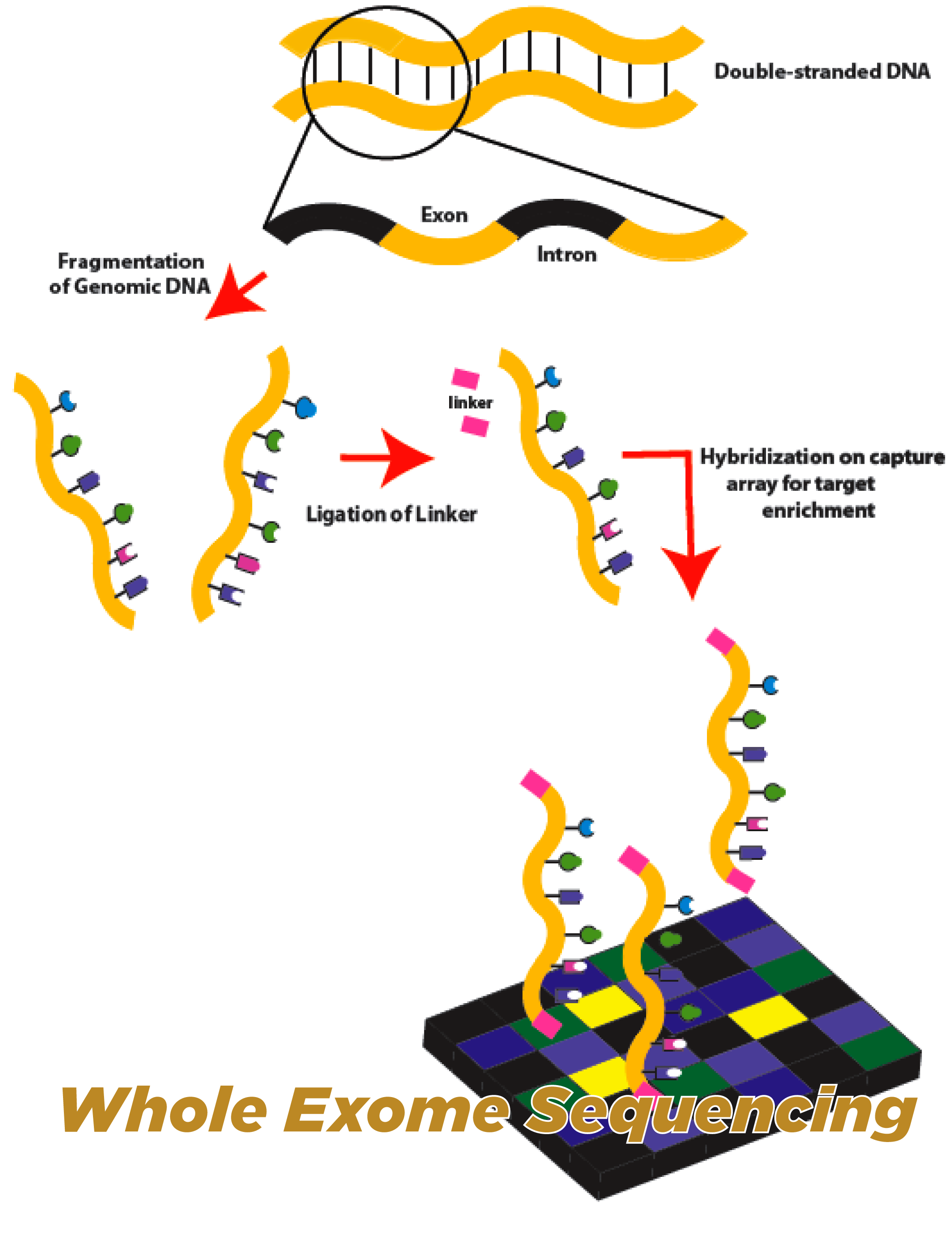
Overview
Minagene offers advanced genetic testing for Fragile X Syndrome, a genetic disorder characterized by intellectual disability and various physical and behavioral features. Our comprehensive Fragile X Syndrome genetic testing service provides valuable insights into the underlying genetic factors contributing to the condition, enabling accurate diagnosis, personalized care plans, and improved outcomes for affected individuals and their families.
Methodology
Understanding Fragile X Syndrome
Fragile X Syndrome is a genetic disorder caused by an expansion of the CGG triplet repeat sequence in the FMR1 gene. This expansion leads to a deficiency or absence of the Fragile X Mental Retardation Protein (FMRP), which plays a crucial role in brain development and function. Fragile X Syndrome is the most common inherited cause of intellectual disability and is more frequently observed in males than females.
The Importance of Genetic Testing
Genetic testing plays a critical role in the accurate diagnosis and management of Fragile X Syndrome. By identifying the CGG repeat expansion in the FMR1 gene, genetic testing confirms the diagnosis and helps assess the risk of passing the condition to future generations. It also enables early interventions, personalized care plans, and access to appropriate support services for affected individuals and their families.
Key Highlights of Minagene's Fragile X Syndrome Genetic Test
Minagene’s Fragile X Syndrome genetic testing service utilizes state-of-the-art genetic analysis techniques to examine the FMR1 gene and identify CGG repeat expansions. Our comprehensive approach offers the following key features:
Genetic Variant Analysis: We analyze the CGG repeat region in the FMR1 gene to identify the presence and size of the repeat expansions. This analysis allows for an accurate diagnosis of Fragile X Syndrome and provides information about the specific classification of the repeat expansion.
Accurate Diagnosis: Our genetic testing service provides an accurate and definitive diagnosis of Fragile X Syndrome by identifying the CGG repeat expansion in the FMR1 gene. This confirmation of diagnosis helps guide appropriate medical interventions, educational support, and family planning decisions.
Genetic Counseling: Genetic testing results are instrumental in providing genetic counseling for individuals and families affected by Fragile X Syndrome. The information obtained helps families understand the inheritance pattern, assess the risk of recurrence in future pregnancies, and make informed decisions regarding family planning.
Early Intervention and Management: Early detection of Fragile X Syndrome through genetic testing allows for timely interventions and management strategies. Early interventions, such as developmental therapies and educational support, can help optimize outcomes and improve the quality of life for individuals with Fragile X Syndrome.
Carrier Testing: Genetic testing can be performed on individuals who are not affected by Fragile X Syndrome but may carry the CGG repeat expansion. Carrier testing helps identify individuals at risk of transmitting the condition to their offspring and provides important information for family planning.
Who Should Consider Fragile X Syndrome Genetic Testing?
Individuals with Suspected Fragile X Syndrome: Genetic testing is recommended for individuals exhibiting symptoms and features suggestive of Fragile X Syndrome, such as intellectual disability, developmental delays, autism spectrum disorder, and family history of the condition.
Family Members of Affected Individuals: Genetic testing is beneficial for family members of individuals diagnosed with Fragile X Syndrome. It helps identify carriers of the CGG repeat expansion, enabling genetic counseling, family planning decisions, and appropriate support services.
Prenatal Testing: Fragile X Syndrome genetic testing can be considered during pregnancy for individuals with a family history of the condition or when there are concerns about the potential risk of Fragile X Syndrome in the fetus.







